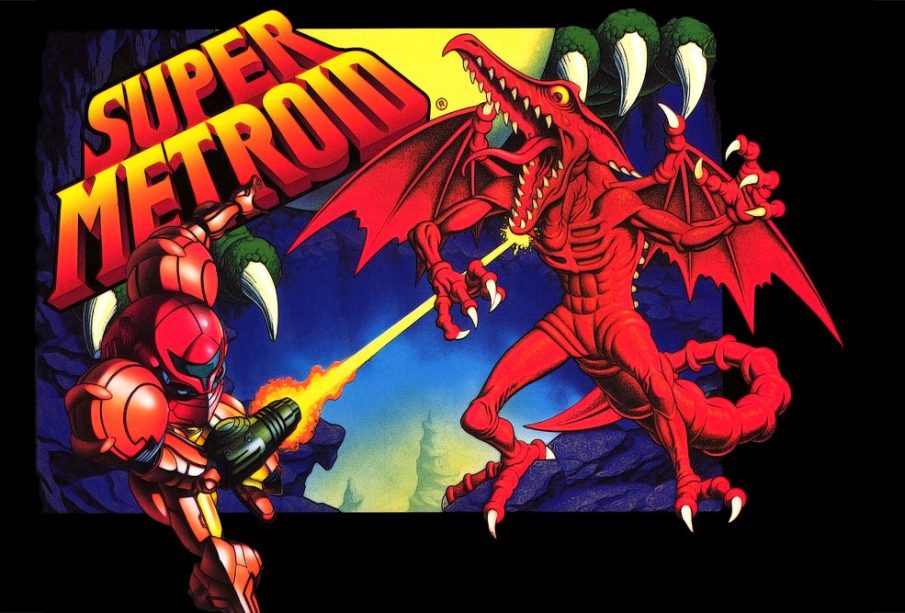The Legacy and Future of Metroid in Gaming

Introduction
The Metroid franchise, first launched in 1986 by Nintendo, has become a cornerstone of the gaming industry, renowned for its innovative gameplay, atmospheric storytelling, and pioneering role in the action-adventure genre. With a rich narrative following the bounty hunter Samus Aran in her battles against space pirates and deadly aliens, Metroid has not only captivated fans but also significantly influenced game design. As players eagerly await the next installment, the legacy and future of this beloved series remain a topic of discussion among gaming enthusiasts.
Recent Developments
The Metroid series saw a resurgence in popularity with the release of Metroid Dread in October 2021, marking the first new 2D Metroid game in over 19 years. The game received widespread acclaim, praised for its tight controls, engaging gameplay mechanics, and nostalgic references to earlier titles in the series. According to Nintendo, Metroid Dread sold over 3 million copies within its first month, making it one of the best-selling games in the franchise.
Moreover, fans were excited by the announcement of Metroid Prime 4, which is currently in development after a rocky start. Originally revealed at E3 2017, the game faced production challenges, leading to a restart of development in early 2019. Nintendo has yet to reveal a release date, but ongoing teasers suggest that the Prime series, known for its immersive 3D gameplay and exploration elements, will continue to evolve.
Impact on Gaming Culture
The Metroid franchise has left an indelible mark on gaming culture. Its influence can be seen in the rise of the ‘Metroidvania’ genre, which combines platforming and exploratory mechanics with RPG elements. Successful games like Hollow Knight and Celeste draw inspiration from the design principles practiced within the Metroid series. Additionally, the character of Samus Aran has become an icon in gaming, noted for breaking gender norms in the industry as one of the first prominent female protagonists in a video game.
Conclusion
As the Metroid franchise stands at the threshold of new adventures, the community of fans remains vibrant and eager. With the success of Metroid Dread and the ongoing development of Metroid Prime 4, it is clear that Nintendo is committed to continuing Samus’s journey. The series not only serves as a nostalgic trip for long-time players but also attracts new generations, ensuring that Metroid’s legacy will endure in the ever-evolving landscape of gaming. This enduring relevance underscores the cultural significance of Metroid as it continues to push the boundaries of interactive storytelling.









